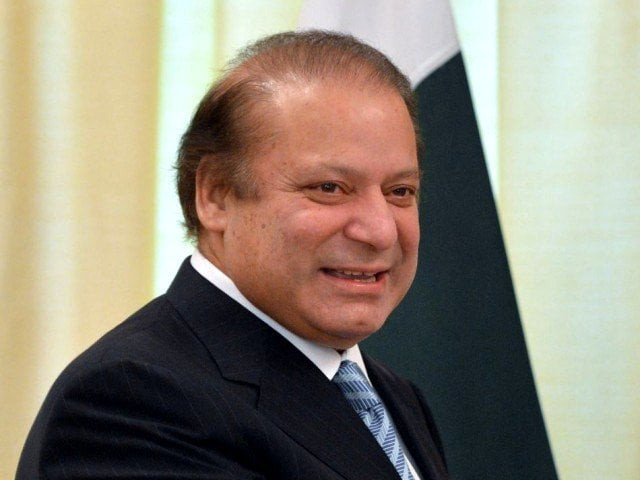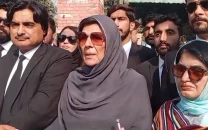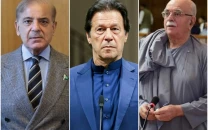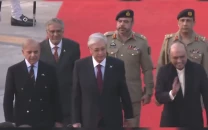Government accused of promoting loyalists
For the past three years, selection board decisions have been challenged in courts

Prime Minister Nawaz Sharif. PHOTO: AFP
All previous three CSBs – held under the current government in 2014, 2015 and 2016 – have been mired in controversy with allegations of promoting loyal civil servants.
Since 2010, the boards and their decisions have been challenged in different courts. Over 400 cases are pending in courts, including the Federal Services Tribunal (FST), high courts and the Supreme Court (SC).
“For the past few years, it was routine that whenever promotions were announced, officers not denied promotions went to the court,” reasons Establishment Division (ED) Secretary Tahir Shahbaz, disagreeing with the perception.
Promotions in bureaucracy: Govt seeks time to explain process
Discussions with serving and former civil servants as well as lawyers involved in promotion cases reveal that successive governments have been using the board to place their own bureaucrats for ‘smooth functioning of civil services’.
A former federal secretary, who did not want to be named because he is under a post-retirement bar to give interviews, said every government used the CSB to its advantage and to appoint its own officers. “Ask any senior officer in the bureaucracy and you will get the [same] answer,” he added.
The board
The CSB – which comprises about 18 officers including chief secretaries, IGs and two politicians –recommends promotions from Grade-19 to 20 and from Grade-20 to 21. Another high-powered board headed by the PM recommends promotions from Grade-21 to 22.
Siraj says Sharif’s worst form of monarchy
Successive governments have been amending and reforming the CBS rules largely for their own benefit. “Every government has been manoeuvring the system just because they have to rule using it in the country,” said Abdur Rehman Siddiqi, one of the counsel for petitioners who filed a case against the CBS’s decision in the Islamabad High Court.
Matter of marks
In the first civil servants’ policy during the reign of Gen Ziaul Haq, there was a simple formula for promotion of a civil servant: anyone who got 70 marks out of the 100 was promoted.
The principle was used until former president Pervez Musharraf gave the CSB the sole discretion to promote officers. However, these arbitrary powers of promotion also made the CBS controversial with officials seeking courts’ intervention.
In 2007, during the tenure of ex-PM Shaukat Aziz, 15 out of 100 marks were put on the discretion of the broad while 15 marks were allocated for training and evaluation reports. It was decided that any officer considered for promotion to Grade-20 would have to get 70 marks to get the nod of the board while 75 marks were made mandatory for promotion to Grade-21.
Dozens of officers went to court against the board’s decision and in the end, the IHC ruled the marks were not structured and should be reviewed. In 2012 again, A, B and C categories were made for the 15 marks awarded for conduct and integrity.
Civil servants in Balochistan: Senate panel asks Establishment Division to withdraw notification
The civil servants getting marks between 15 and 11 were to get A-category. Those who scored 6-10 marks got the B-category while those getting less than six marks were placed in the C-category, which was not considered for promotion.
In 2011 however, the SC in Orya Maqbool Jan’s case annulled the whole CSB based on these categories and called for devising a new transparent policy. The government issued another controversial office memorandum (OM) in 2014 giving five overriding marks to CSB for good conduct and honesty.
Any officer not getting three out of these five marks was not to be considered for promotion. The CSB of 2015 and 2016 were conducted under this formula and hundreds of civil servants went to courts.
On March 13, the SC upheld the IHC’s last year decision about the CSB of 2015 to promote 300 civil servants whose promotions had been deferred. The IHC had categorically stated the “entire process… of the officers under consideration for promotion is declared unlawful and in violation of law laid down in Orya Maqbool Jan case.”
Published in The Express Tribune, March 26th, 2017.



















COMMENTS
Comments are moderated and generally will be posted if they are on-topic and not abusive.
For more information, please see our Comments FAQ